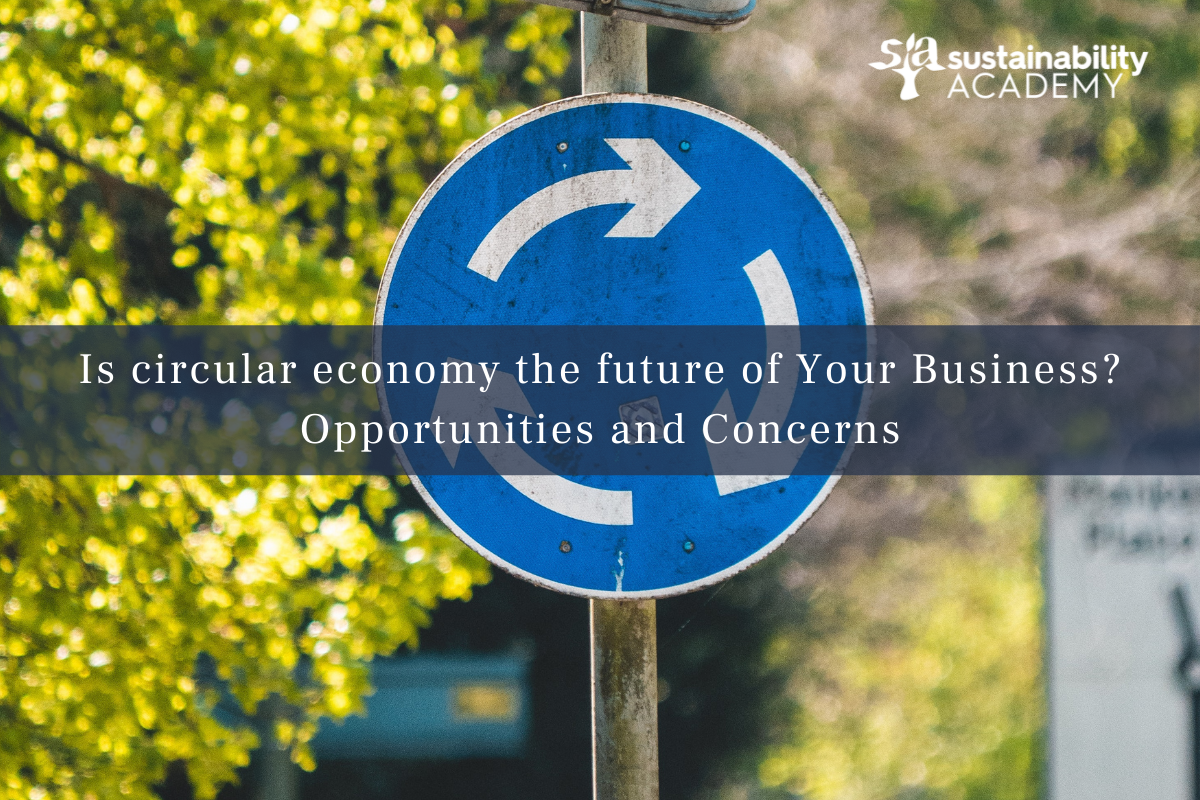With the circular economy so closely linked with sustainable development, it seems logical that circularity is integrated into the core of production and consumption models. As such, the circular economy has never been a more important concept for the world to put into practice than it is today.
Circular economy practices such as reduce, redesign, recycle, and remanufacturing are directly aligned with achieving the United Nations’ Sustainable Development Goals (SDGs) 12 by employing new technologies and business models and reducing the number of unsustainable products.
How does circular economy contribute to sustainability? The future of Your Business
Recycling waste and creating materials that can be reused again is a key sustainability benefit. The advantages of a circular economy are the protection of the environment, reducing waste and the emissions of greenhouse gases.
Circular economy is a holistic approach which goes beyond a range of sectors including agriculture, energy, climate change, water, and sanitation. Indeed, utilizing circular economy practices across these areas, combined with social justice considerations, provides a unique framework for achieving the SDGs.
For businesses, the goal of wasting as little as possible brings exceptional opportunities for innovative technology and system planning. The circular economy opens opportunities for both profit increase and cost decrease. For example, remanufacturing hardware would be less expensive due to cheaper recycled materials.
Concerns when implementing the circular economy:
- Lack of recycling technology: Improvements in collection schemes and sorting technologies are essential to achieve higher recycling rates. Plastic waste recycling rates are ten times higher when collected separately, compared to mixed collection schemes.
- Poor business model plan: The circular economy concept (e.g., choosing the right online accounting software, creating products that can be upcycled, repurposed, and re-sold) fails to be integrated in a business model plan making it incomplete.
What are the economic benefits?
- Savings on material costs: The circular economy redirects waste to form new materials. This lowers raw material and production resource requirements. According to the World Economic Forum, a circular economy could save the EU up to $630 billion USD every year.
- Innovation and job opportunities: Jobs may be lost in more linear businesses; however new jobs will be created in fields such as recycling, services like repair and rental, or in new enterprises that spring up to make innovative use of secondary materials. These new jobs cannot be considered direct replacements, as they may be in different locations and require different skills.
Is your business ready enough to make a significant step forward in realizing a circular economy approach? Training has a critical role to play in enabling circular economy strategies.
Check out our course of Online Certificate on Circular Economy and benefit from an exclusive discount of 20% discount!

